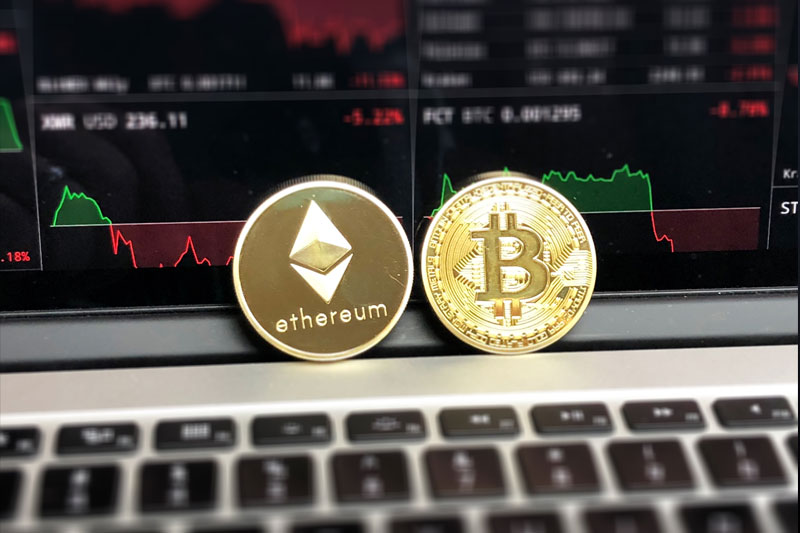- Gaming is considered a $180B Industry.
- Blockchain offers investment opportunities for gaming indie developers.
- GG Dapp provides a smart contracts-reliant base.
Blockchain is considered one of the most significant technological innovations of the 21st century, placed in the same category as artificial intelligence and machine learning. The degree of its disruption was quantified when it was realized that blockchain use cases extend beyond cryptocurrencies to find application in the ever-adaptable gaming.
Gaming is a $180 Billion Industry
Over the past few decades, gaming has emerged as an accurate gauge of how successful a breakthrough technology would be. Admittedly, being a $180 billion industry and expected to draw in even more users over the next few years, adaptation is only necessary. Gaming developers are often too quick to integrate emerging technology to improve user experience, draw in more gamers, and efficiency. With new technology, gameplays become richer and, therefore, more fun for global users–most of whom are increasingly interacting with the dApps from mobile.
Less than 15 years after the implementation of Bitcoin, not only has the cryptocurrency exploded to command hundreds of billions in market cap, but the fast-paced innovation in the space has seen widespread adoption of player-prioritizing models in gaming. Because of the blockchain, more developers are fusing play-to-earn models, further catalyzing adoption.
How Blockchain and GG Dapp is Rewarding Developers
Unlike traditional monopolistic structures dominated by consoles, cryptocurrency gaming integrates models that completely overhaul applicable media of revenue generation, directly rewarding active players with digital assets like cryptocurrencies and valuable NFTs.
Blockchain gaming is proving attractive to players because they are instantly rewarded with valuable NFTs–which they liquidate for hard cash in the real world via marketplaces—and fungible cryptocurrencies, which offer a direct link between gaming and the physical world.
At the same time, blockchain gaming can offer investment opportunities for gaming indie developers and investors targeting to invest in utility or governance tokens of crypto gaming projects.
The creators of the GG Dapp gaming ecosystem are surfing on the rising tide of blockchain gaming to provide investment opportunities for developers and savvy investors. The GG Dapp gaming platform is currently in the open beta stage. It aims to have games in simple yet popular formats and to target indie developers.
Specifically, its creators are leveraging their experience and gaming development expertise to release a clean and easy-to-use user interface, allowing for quick onboarding even of non-crypto gamers.
GG DApp team is releasing a rewarding ecosystem that benefits not only the players but all stakeholders, including investors and developers. Notably, GG DApp aims to reward players, developers and investors where independent developers, sometimes constrained by funds, can quickly push out their games to the masses.
Holders of GG Dapp’s native currency, GGTK, who can be players or investors, can also stake to support independent gaming projects launching on the platform and receive the game’s native tokens, which can be gems. At the same time, investors can stake on GG Dapp and get rewarded with GGTK tokens.
The Developer Migration
Sensing the shift, over 60 percent of the U.K and U.S.-based video gaming developers are now embracing play-to-earn models and deploying on the blockchain, as per a study in early November 2021.
Concurrently, roughly 50 percent of these gaming developers are also incorporating NFTs as their interest also gravitates towards more exploration of GameFi capabilities. The explosion in interest could also stem from game developers’ interest in DeFi—another blockchain innovation that promotes a trustless and decentralized financial system open to everyone with an internet connection.
Going forward, the merger of DeFi in gaming results in yet another lucrative sub-sector in crypto dubbed GameFi, which builds on the success of play-to-earn models, the rising popularity of NFTs, and the benefits brought on the table by DeFi, combining to propel blockchain gaming.
